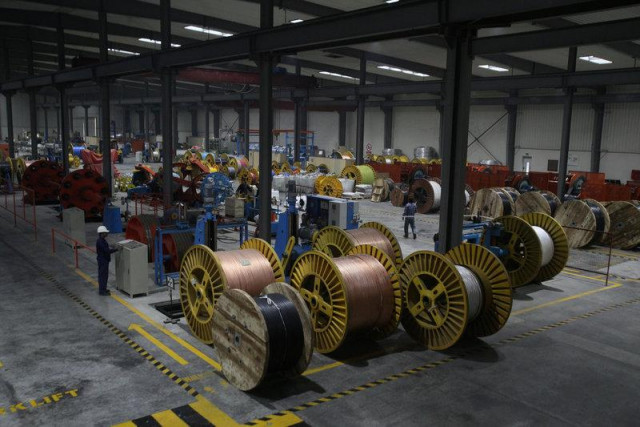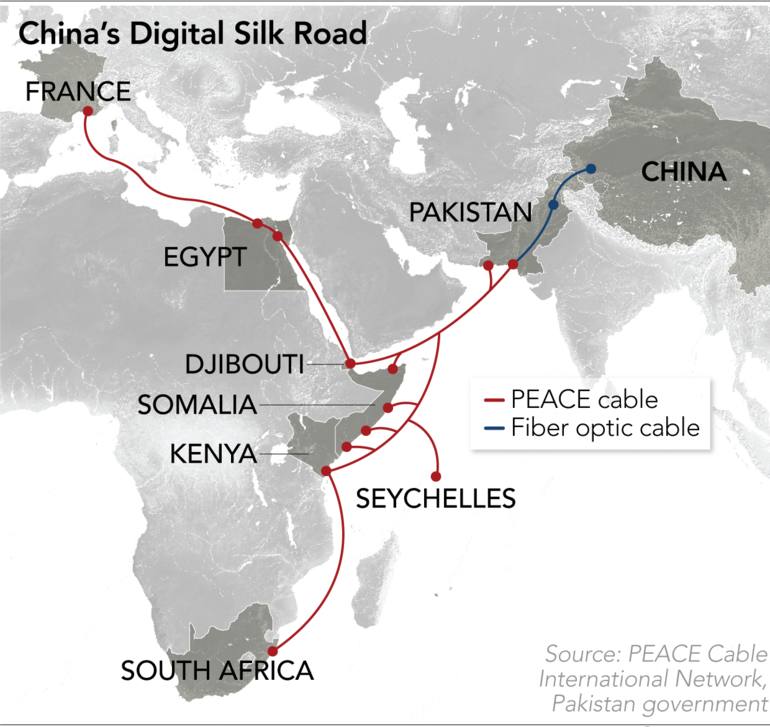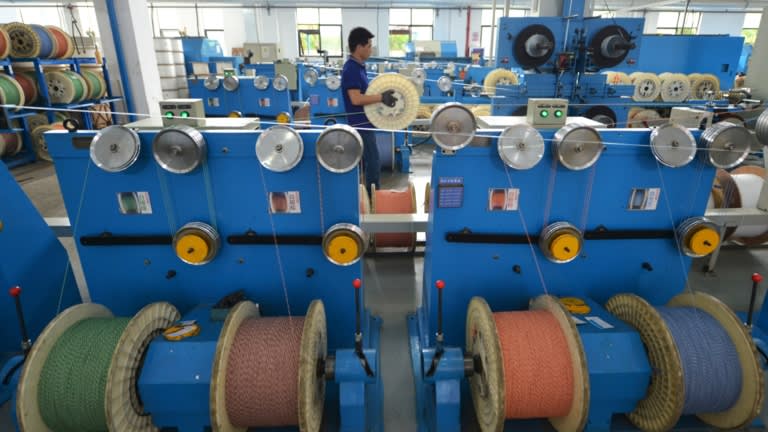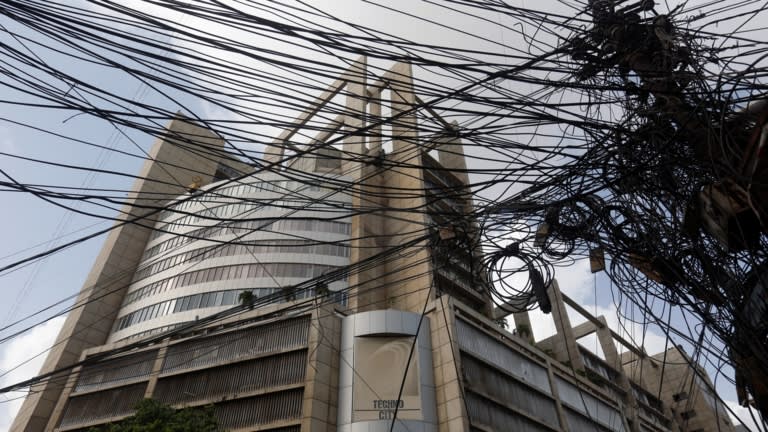China builds 'Digital Silk Road' to bypass India for Pakistani internet traffic
PEACE cable will drastically reduce the time taken to transfer internet data

As part of the broader Chinese Belt and Road Initiative (BRI), China is set to lay the final stretch of a cross-border fiber optic cable in Pakistan that will create the Digital Silk Road, serving the geostrategic interests of both countries, Nikkei Asia reported.
The fiber cable will link to the Pakistan East Africa Connecting Europe (PEACE) submarine cable in the Arabian Sea, to service countries participating in BRI, and Europe.
The PEACE cable will provide the shortest direct internet route between participating countries and drastically reduce the time taken to transfer internet data.
The report stated that the cable is currently being laid between Rawalpindi and the port cities of Karachi and Gwadar. "The $240-million project, which is in partnership with China's Huawei Technologies, was approved by the government last week," it added.
The laying of sea cable in the country's territorial waters will begin in March, following government's approval this month to construct an Arabian Sea landing station in Karachi.

"The Mediterranean section of the cable is already being laid, and runs from Egypt to France. The 15,000 kilometre-long cable is expected to go into service later this year," it said.
Observers see this as a strategic move to circumvent international telecommunication consortiums dominated by Western and Indian companies.
The report stated that some BRI projects have been negatively affected by the coronavirus pandemic and debt crises in partner countries, including a $6.8 billion railway project in Pakistan. "Part of Beijing's response has been to step up digital projects and the development of communications infrastructure."
The report acknowledged that in recent months, the China-Pakistan Economic Corridor (CPEC) Authority has accelerated efforts to improve Gwadar's connectivity with major road and rail upgrades.

Pakistan is also looking for an alternate link to the internet through China. At present, most Europe-bound internet traffic from China feeds through terrestrial cables traversing Mongolia, Russia and Kazakhstan.
Pakistan is served by seven submarine cables at present, four of which come out of India, according to Telegeography, a Washington-based telecommunications market research company. These cable networks have been developed by consortiums that include telecom companies from India, Egypt and Pakistan.
The PEACE cable is expected to help reduce Pakistan's exposure to internet outages from damaged submarine cables by providing an additional route for internet connectivity.

Eyck Freymann, author of One Belt One Road: Chinese Power Meets the World, told Nikkei that the BRI is evolving to place less emphasis on traditional heavy infrastructure, and more on high-tech cooperation and digital services.
"Beijing wants to dominate the physical infrastructure underlying global communications, particularly the internet," he said. "This will give it an advantage in internationalizing its tech sector and pursuing future tech-related deals with partner countries."
The ambitious multi-trillion-dollar BRI initiative (or the new Silk Road), announced by Chinese President Xi Jinping in 2013, aims to boost connectivity and cooperation between East Asia, Europe, and East Africa. It is expected to significantly boost global trade, cutting trading costs in half for the countries involved, according to expert estimates.
The article originally appeared in Nikkei Asia



















COMMENTS
Comments are moderated and generally will be posted if they are on-topic and not abusive.
For more information, please see our Comments FAQ